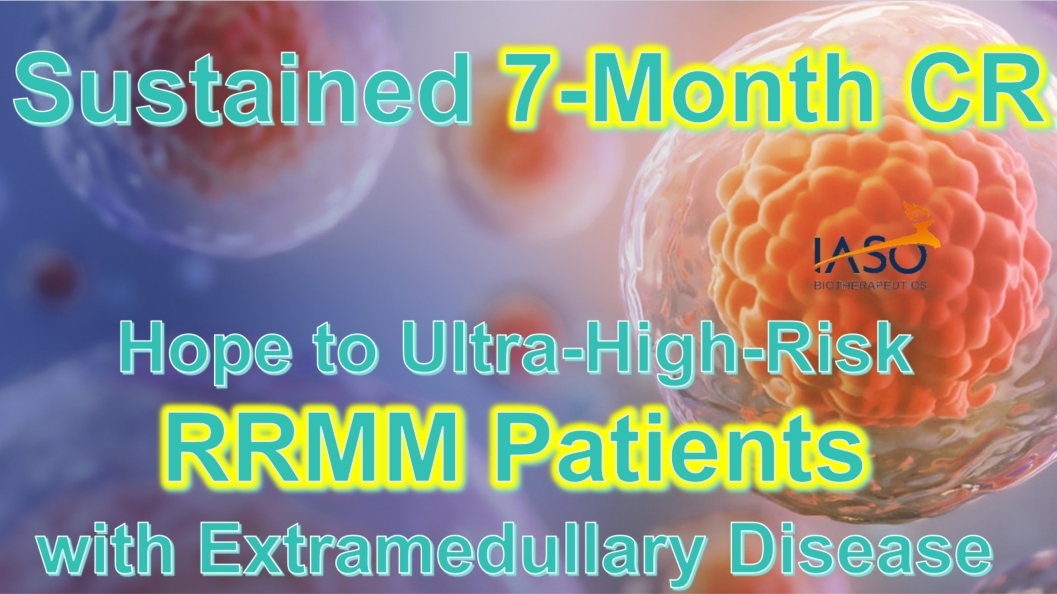Sustained 7-Month CR, Liver Extramedullary Disease Disappearance: Equecabtagene Autoleucel Brings High-Quality Survival Hope to Ultra-High-Risk RRMM Patients with Extramedullary Disease
### Sustained 7-Month CR, Liver Extramedullary Disease Disappearance: Equecabtagene Autoleucel Brings High-Quality Survival Hope to Ultra-High-Risk RRMM Patients with Extramedullary Disease

RRMM Patients
